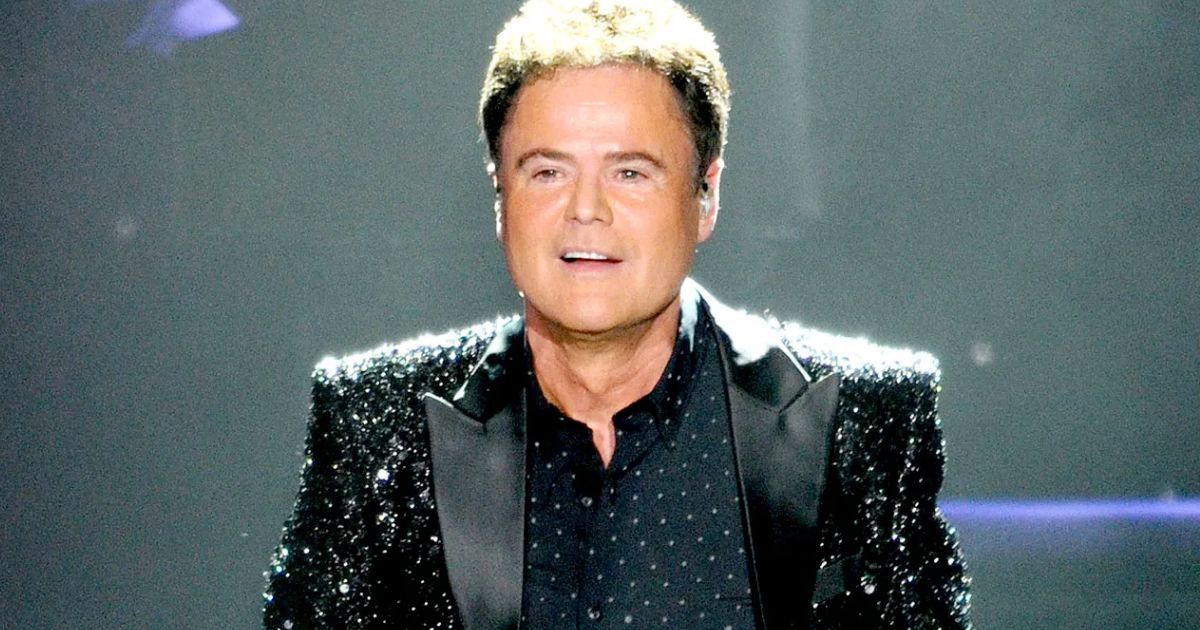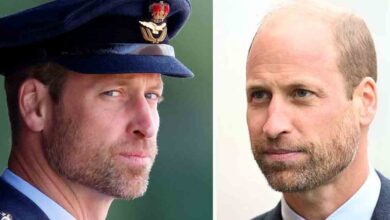Prince Harry ‘knew’ naming daughter Lilibet would upset the Queen, royal author claims
New claims say Harry predicted backlash over using the Queen’s childhood nickname for his daughter—but did it anyway
Prince Harry reportedly knew naming his daughter “Lilibet” could upset Queen Elizabeth and cause royal drama—but he and Meghan Markle chose the name anyway, according to a new royal book.
When Prince Harry and Meghan Markle welcomed their second child in June 2021, they surprised many by naming her Lilibet Diana. While the name was clearly intended as a tribute to both Queen Elizabeth and Harry’s late mother, Princess Diana, not everyone saw it that way.
Royal author Tom Quinn, in his book Guilded Youth, claims Harry was well aware that using the Queen’s deeply personal nickname—one only used by close family, including her late husband Prince Philip—could be seen as disrespectful. According to Quinn, the couple’s decision stirred concern and even offense behind palace walls.
“[Harry] surely would have known that appropriating the monarch’s beloved childhood nickname would be perceived by many as disrespectful and intrusive,” Quinn writes, noting that using “Elizabeth” instead would have been more acceptable.
The meaning behind “Lilibet”
The name Lilibet holds special significance in royal history. It was Queen Elizabeth’s own childhood mispronunciation of her name, which became an affectionate nickname used only by those closest to her—especially Prince Philip, who famously said, “Lilibet is the only ‘thing’ in the world which is absolutely real to me.”
While many saw Harry and Meghan’s choice as a touching tribute, others—including royal commentators—criticized it as presumptuous. Some even questioned whether the couple used the name to maintain their royal ties despite stepping away from official duties.
A royal meeting with no photos
Lilibet met her namesake just once, during the Queen’s Platinum Jubilee celebrations in June 2022. According to reports, Harry and Meghan hoped to capture the moment with a photograph—but Queen Elizabeth declined.
Royal expert Camilla Tominey shared that the Queen personally refused, saying she had a bloodshot eye and didn’t want to appear in pictures. But some believe her refusal ran deeper—perhaps discomfort over the use of her private nickname.
“She might even be offended,” royal expert Angela Levin said on Good Morning Britain. “It was a very private nickname from her husband, who hadn’t been dead for very long.”
Tom Quinn suggests the drama over Lilibet’s name reflects a broader cultural misunderstanding between American and British traditions. In the U.S., naming a child after a loved one is often seen as a sign of affection and admiration. But in the UK—especially within the royal family—using such an intimate nickname may have crossed a line.
“Meghan would never have thought naming her daughter Lilibet was anything other than a huge compliment,” Quinn said. “In the UK, it looks like an impertinence.”
Some critics even accused the couple of choosing the name to boost their “royal currency” despite having officially left their working royal roles over a year earlier.
Did the Queen approve?
Despite the controversy, royal biographer Gyles Brandreth claimed that Queen Elizabeth was “touched” by the name. However, she never publicly confirmed how she truly felt about it.
The palace has maintained that Harry and Meghan did inform the Queen of their decision. But others argue the way it was handled—presented as a respectful gesture when tensions with the royal family were still high—may have added fuel to the fire.
Naming their daughter after two of the most beloved women in Prince Harry’s life seemed like a heartfelt decision. But the backlash it sparked highlights how complicated family ties can become—especially when they involve centuries-old royal traditions, personal grief, and the public eye.
Whether Harry and Meghan acted out of love or misjudgment remains up for debate. But the story of little Lilibet shows just how sensitive names—and intentions—can be when the world is watching.
What’s your take? Was it a beautiful tribute or an avoidable controversy? Share your thoughts and pass this story along to friends and family. Royals or not, names carry meaning—and sometimes, more weight than we expect.





